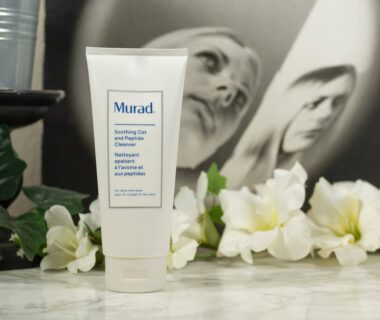You might remember that I took up meditation in January, aiming for a 30 day period of daily meditation to see if I found it to impact my general well being. (More info: The effects of meditation on well-aging)
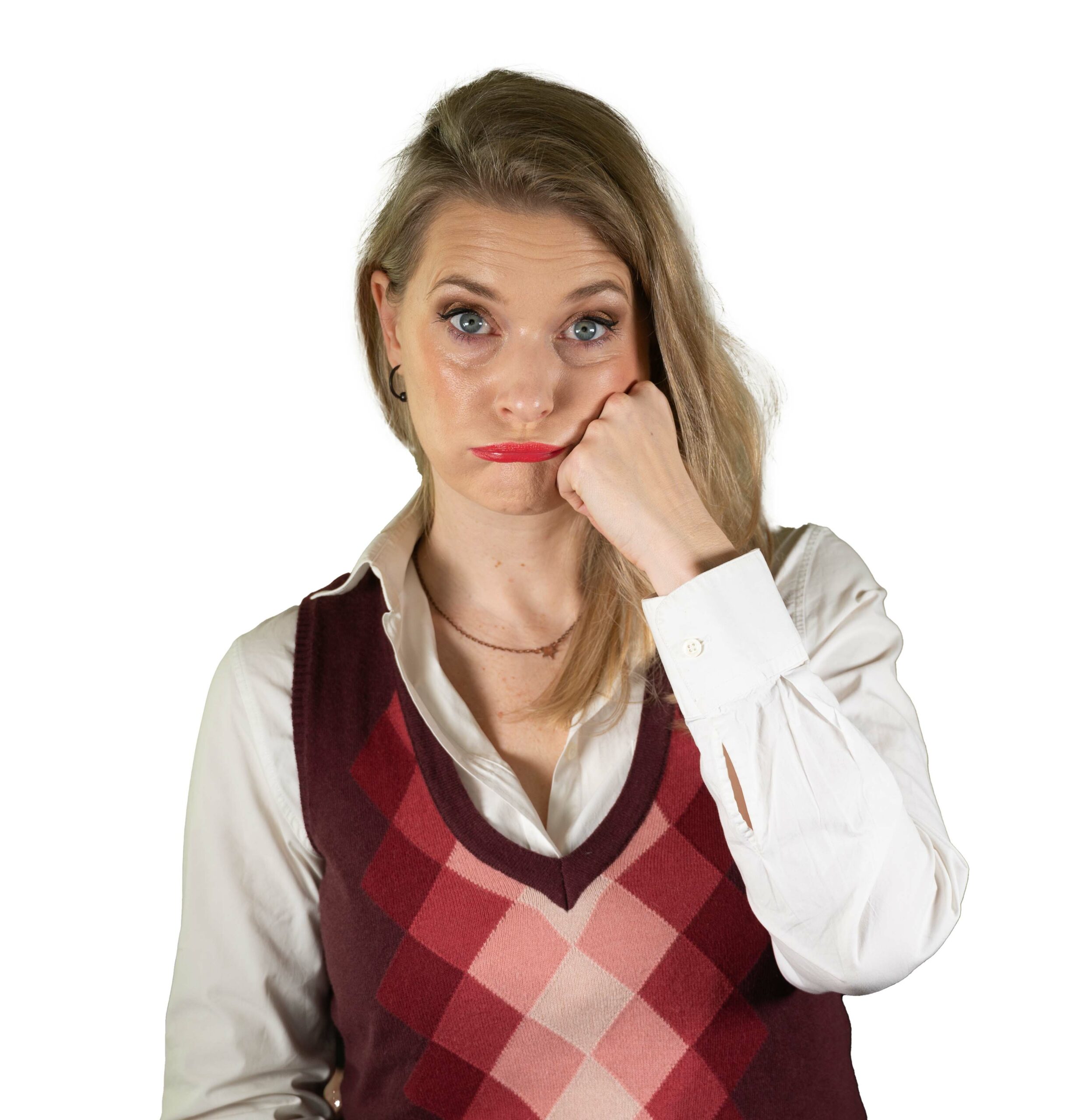
This is not a video about meditation though, no, it is about how freaking difficult it was to stick to that, and about the question: Is it getting harder to form a new habit as we age?
Because I don’t know about you, but I find that the older I get, the more set I am in my ways and the harder it gets for me to change, and I was curious to see if that is just me or if we actually do struggle more as grown-ups.
What is a habit?
To understand why forming a new habit might be difficult, we need to look at what a habit actually is first:
A habit is defined as an automized behavioral pattern learned through context-dependent repetition and, once established, triggered by contextual cues.
The key point here is “automized”, meaning that you do it automatically once you are in a specific situation, it is a specific time or you get any other cue associated with the habit.
The best known one we all share is brushing your teeth, triggered usually by the time, the place and the circumstances – in the morning, in the bathroom and after breakfast. You don’t really have to think about whether or not you will be doing it, you most likely don’t even think about it while you do it, it just happens.
William James said: “…we must make automatic and habitual, as early as possible, as many useful actions as we can. . . The more details of our daily life we can hand over to the effortless custody of automatism, the higher mental powers of mind will be set free for their own proper work.”
So as you can see habits are pretty useful in making your lives easier.
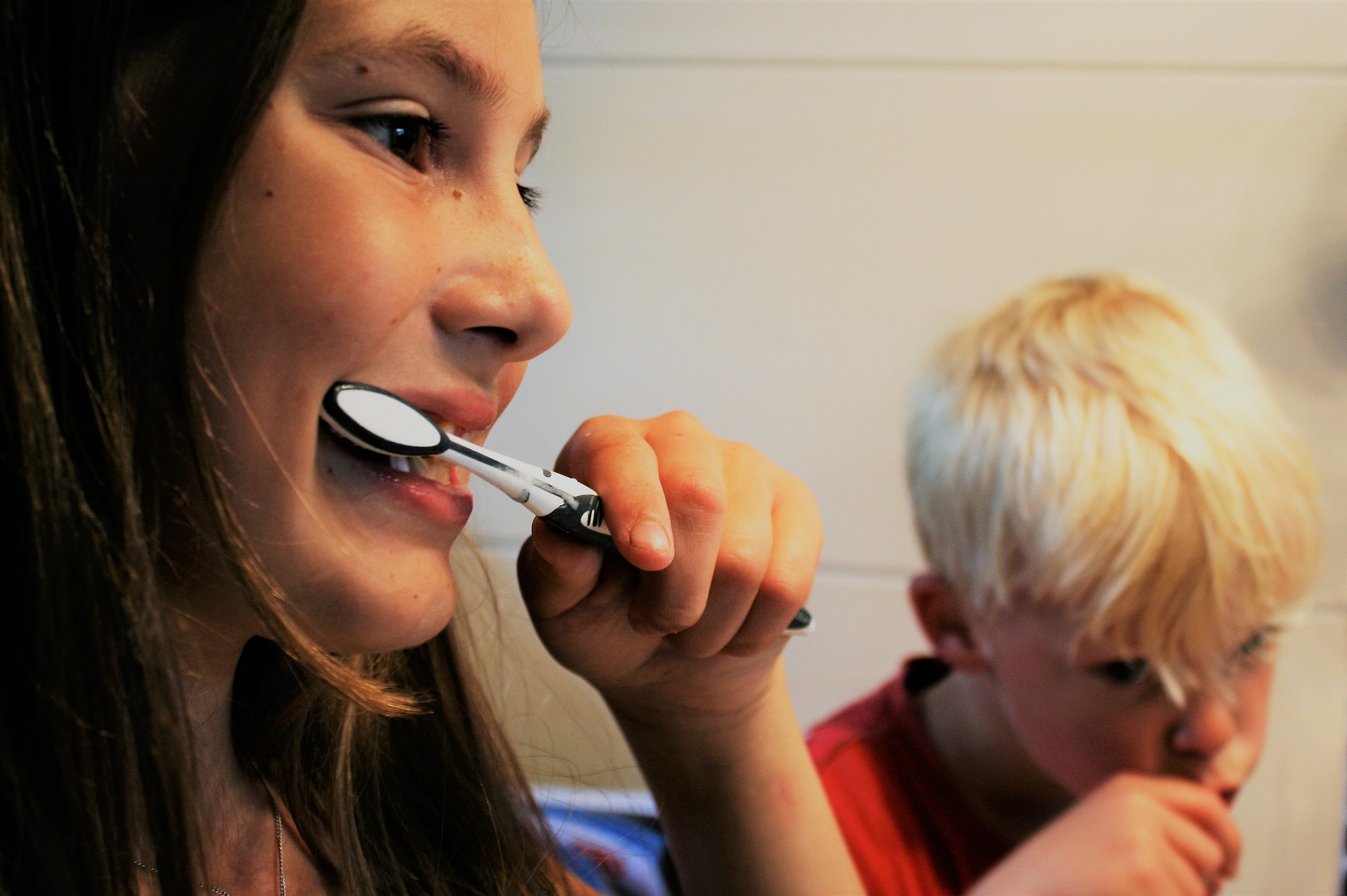
How do habits form?
Sadly our brains do not distinguish between a habit that is good for us, like brushing our teeth, and one that is not good for us, like eating chocolate when we are stressed out.
Simplified they form by actions being repeated in a certain context so many times that the pathways in our brains become established. We did talk about Neuroplasticity in a recent blogpost, meaning that we can form our brain and the neuronal pathways by training them, and that is exactly what happens here: We train our brains to act a certain way by repeatedly acting a certain way.
When we look at the so called “habit loop”, we will see Cue -> Behavior -> Reward, which translated to stress eating means for example means:
We are stressed by a full Inbox -> we eat some chocolate -> we get a Dopamine release, and the next time we are in the same situation (cue), our brain remembers: “Wait, we did eat some chocolate and felt better, so why not repeat this behavior?”
And once we repeat that enough, we don’t even think about it anymore – we just automatically reach for the chocolate once we are stressed and only realize afterwards we ate the whole bar.
And yes, I am speaking of myself here, maybe you are the person that trained themselves to do Burpees when stressed out, in which case … well, you are great, keep doing that.
So from the day we start taking control of our actions, we start forming habits, ones that benefit us and ones that don’t, and once we reach a certain age, a huge part of our daily lives is based on habits.
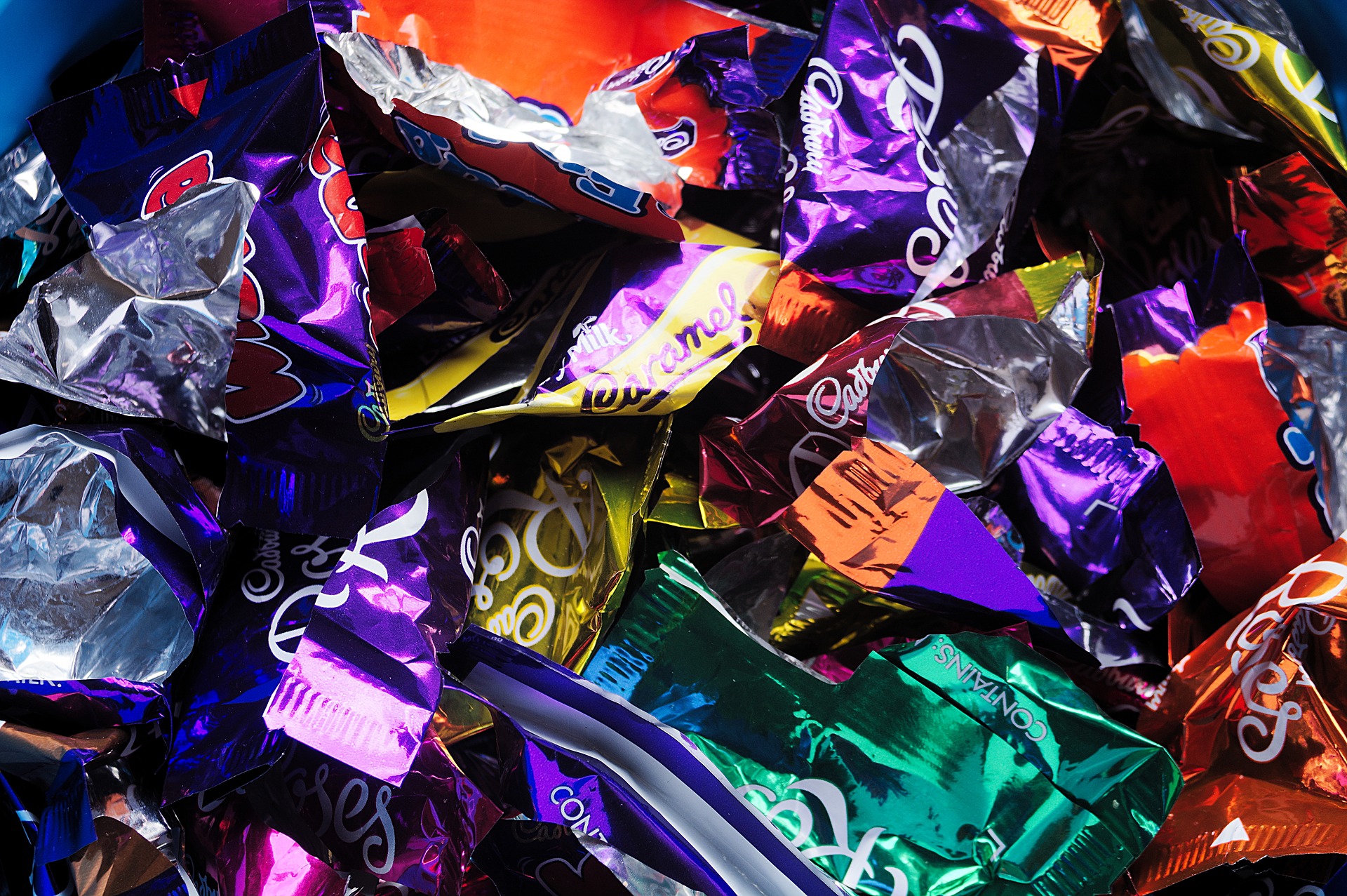
Why is forming a new habit more difficult when we are older?
The older we are, the more habits we most likely already have, and due to their automation probably without even knowing we have them. So once we try to establish a new one, it will compete with already existing ones, so it isn’t only about forming that new one, but also about overwriting the old one, which is harder to do.
Again, very simplified, you have a habit that you already ingrained in your brain by doing it 1000 times, to replace it with a new one you need to do the new one at least 1001 times, so you need to actively go against the old one while establishing the new – that takes up much more energy and has more potential for failure than it had when you were younger. And, as said before, you might not even realize you have the old habit, so you don’t really know what you are up against!
The saying “Old habits die hard” holds a lot of truth – after all data shows that controlled forms of memory decline both with age and neurological impairments like Alzheimers Disease, but that at the same time habits formed stay strong.
Better set yourself up with some good ones then!
How do I go about building a new habit once I reach a certain age?
To be fair, I don’t have an answer, as this is something I am still exploring myself.
But I always find it helpful to understand which odds I am up against, so now that we both know, here are the things I will do:
- Keep a habit journal in which I record all the things I do for two weeks. It is key to write down all the small things as well, so you get to identify the habits you have, from the first thing you do in the mornings to the food you crave in certain situations.
- Find some experts on the topic of habit forming or “neurohacking” and listen to what they have to say. On YouTube Matt D’Avella or Thomas Frank come highly recommended – I haven’t watched much of them, so don’t take my word on that – and my husband insists that I read “Atomic Habits”, which apparently everyone except me knows by heart by now.
- Figure out what I want my “new habits” to look like and plan accordingly. And yes, no more chocolate stress eating is definitely on the list, along with other things I need to age the best and healthiest I can.
This is about well – aging after all.
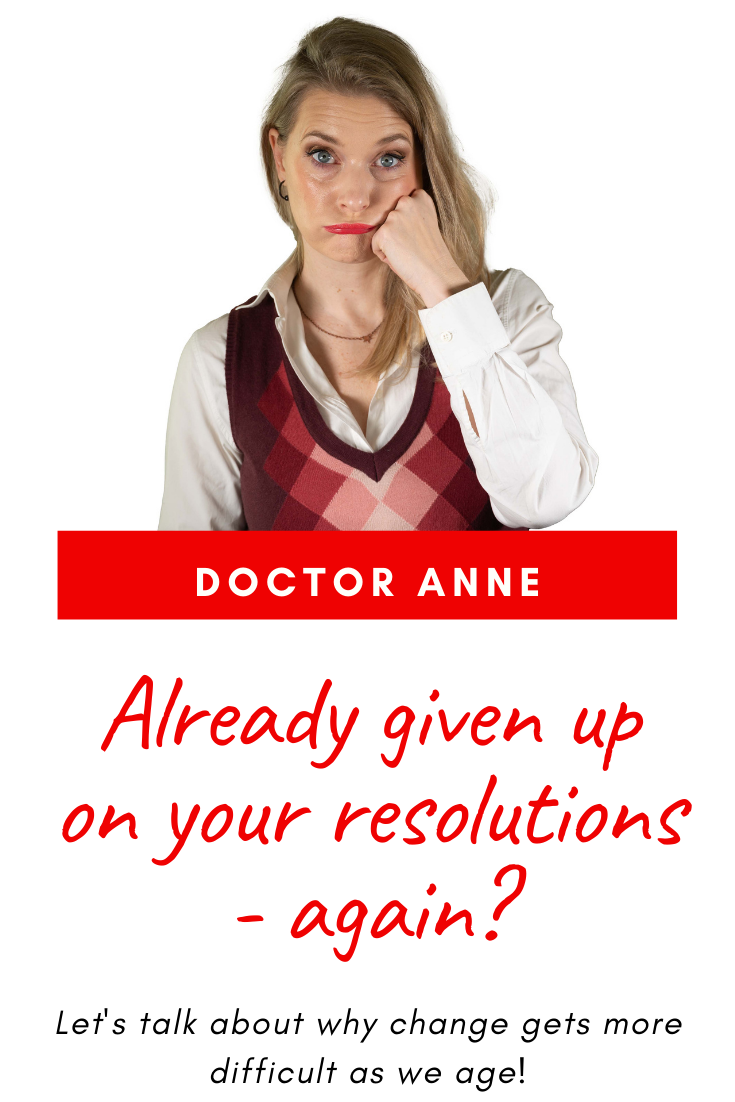
Don’t forget to check out the Discount Code Page on top if you want to save some money on your next skincare purchase.
If you want to get a vote in the next Ask Doctor Anne Topic, Ingredient Spotlight or product I review, don’t forget you can head over to my Patreon account to get more involved!

